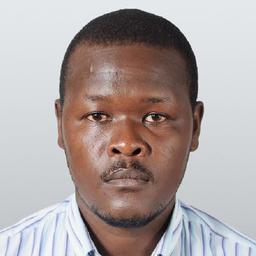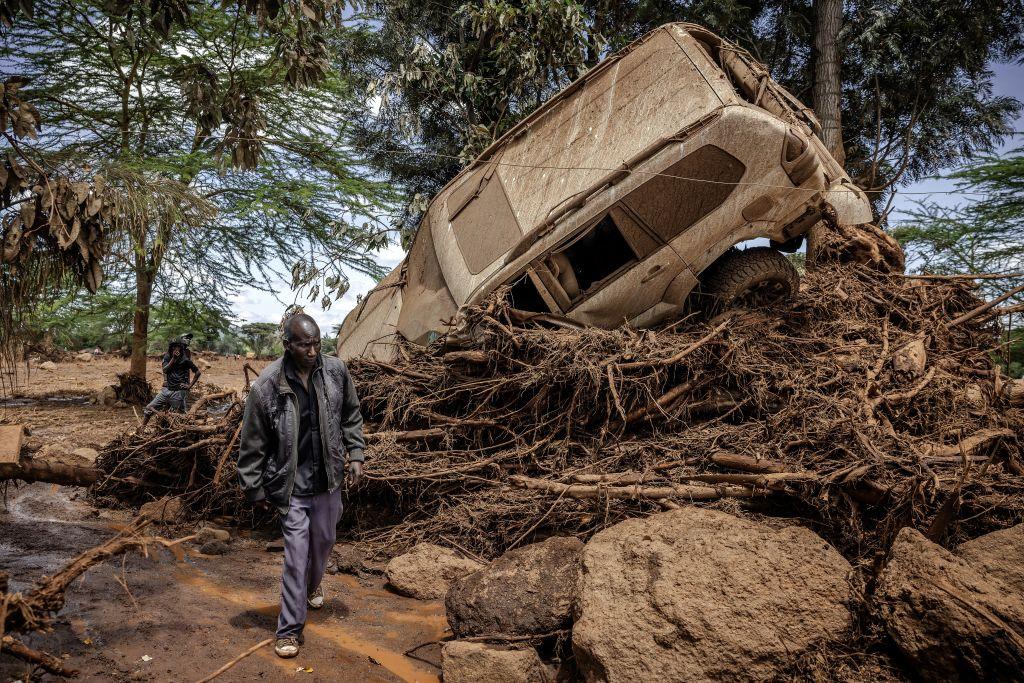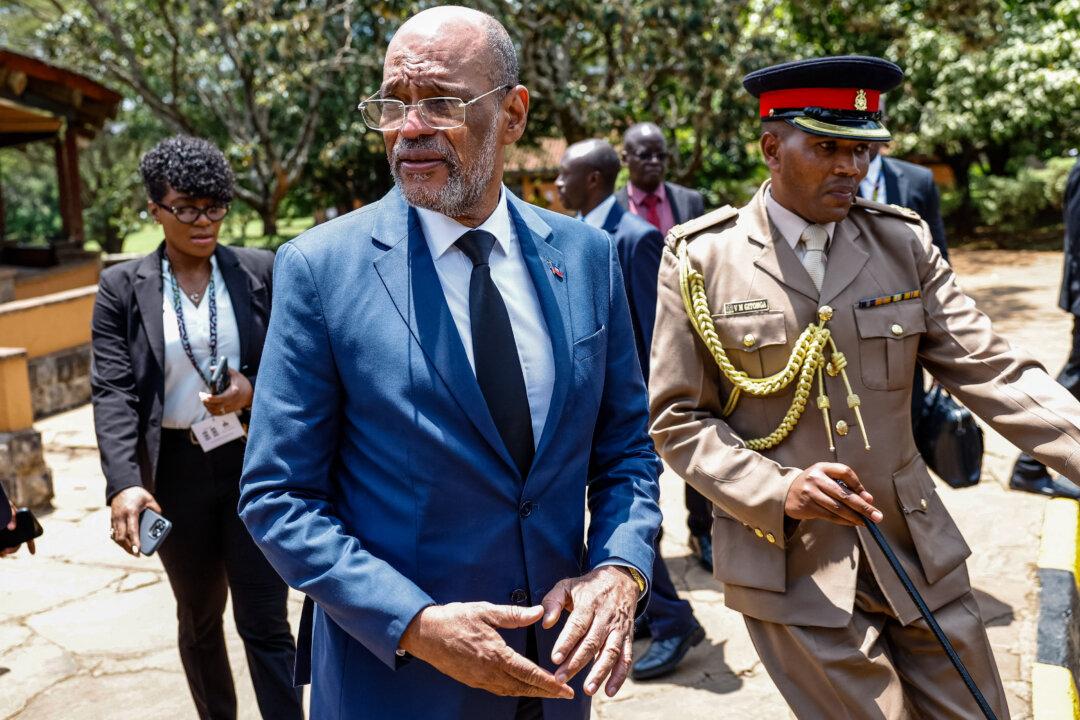LESHUTA, Kenya—The setting sun’s rays fall across the green vegetation cover brought forth by the rains after a four-year drought. Children are playing in a field near a corrugated iron structure.
Inside the structure, 60-year-old Naatana Karbolo is among a group of women learning basic literacy skills. They come to the class every afternoon after their house chores, and bring their children with them, leaving them to play outside as they attend their lessons.





